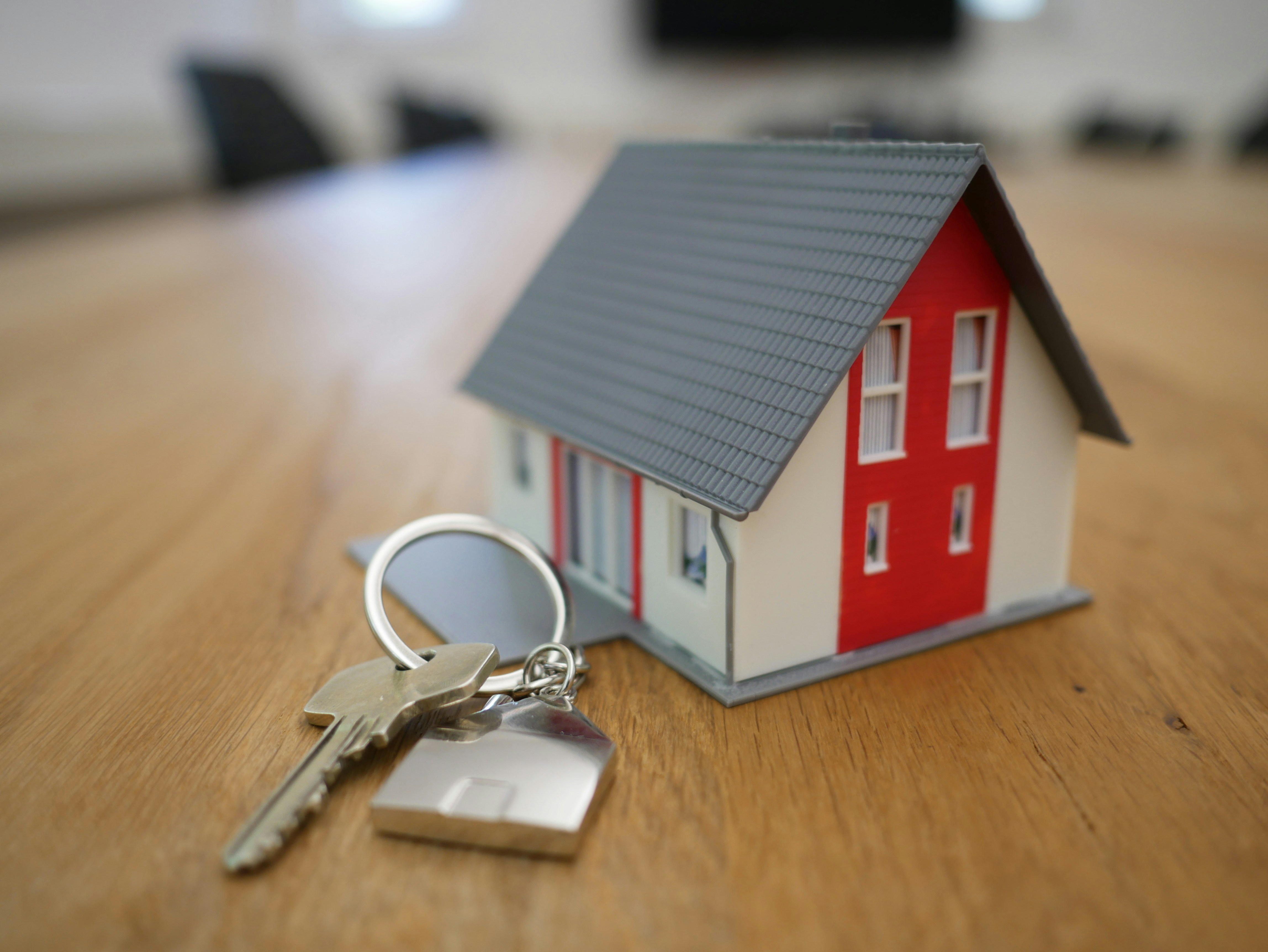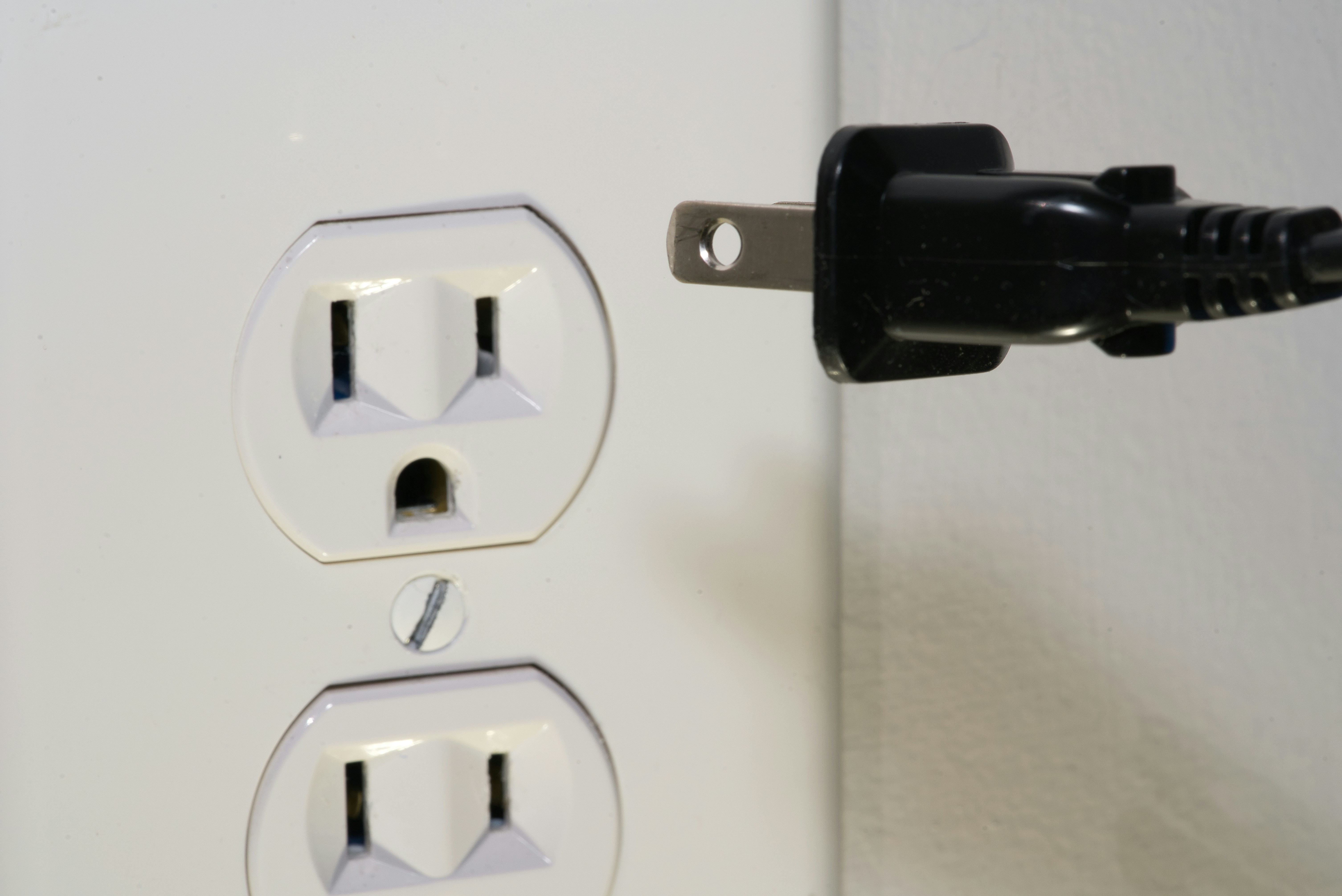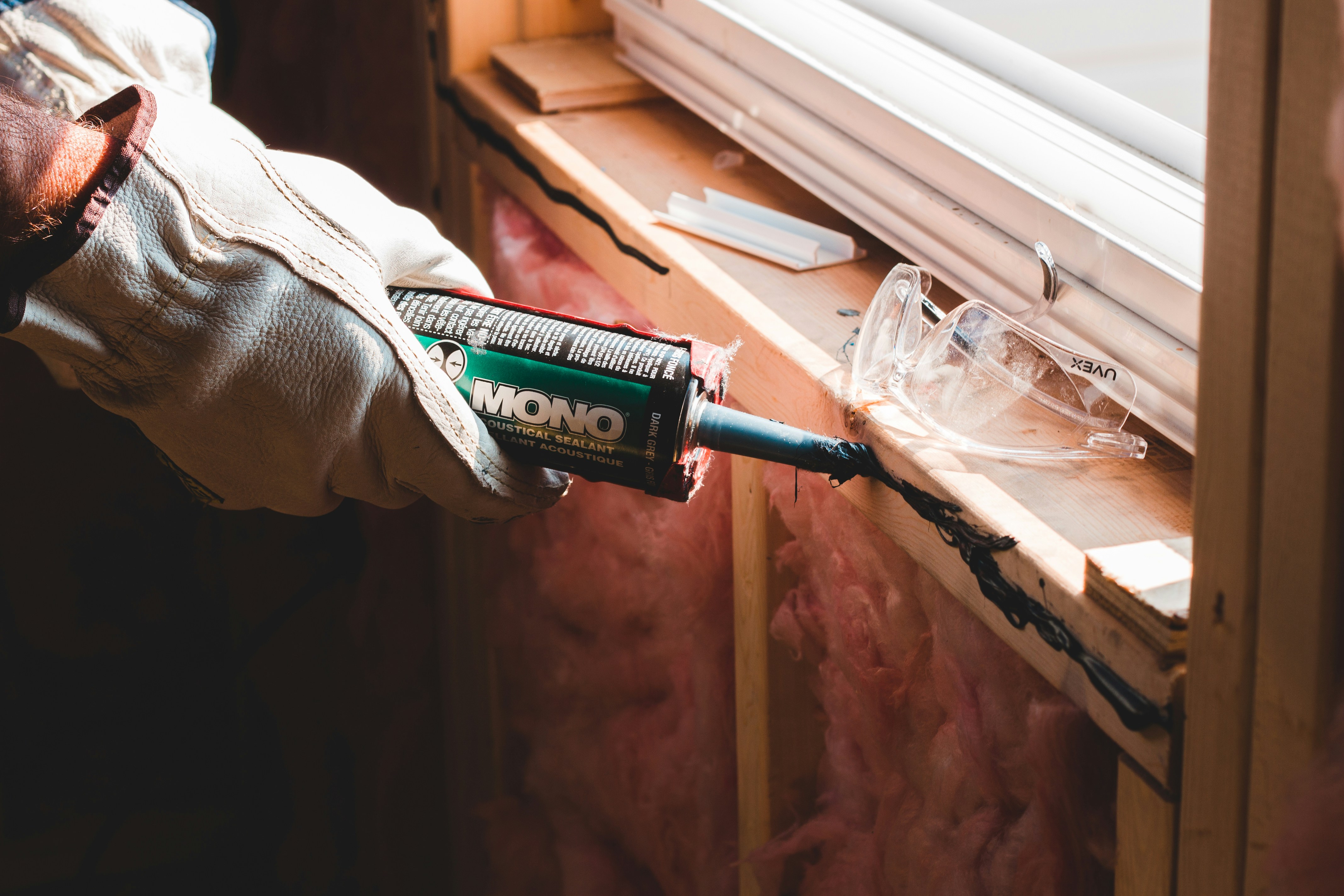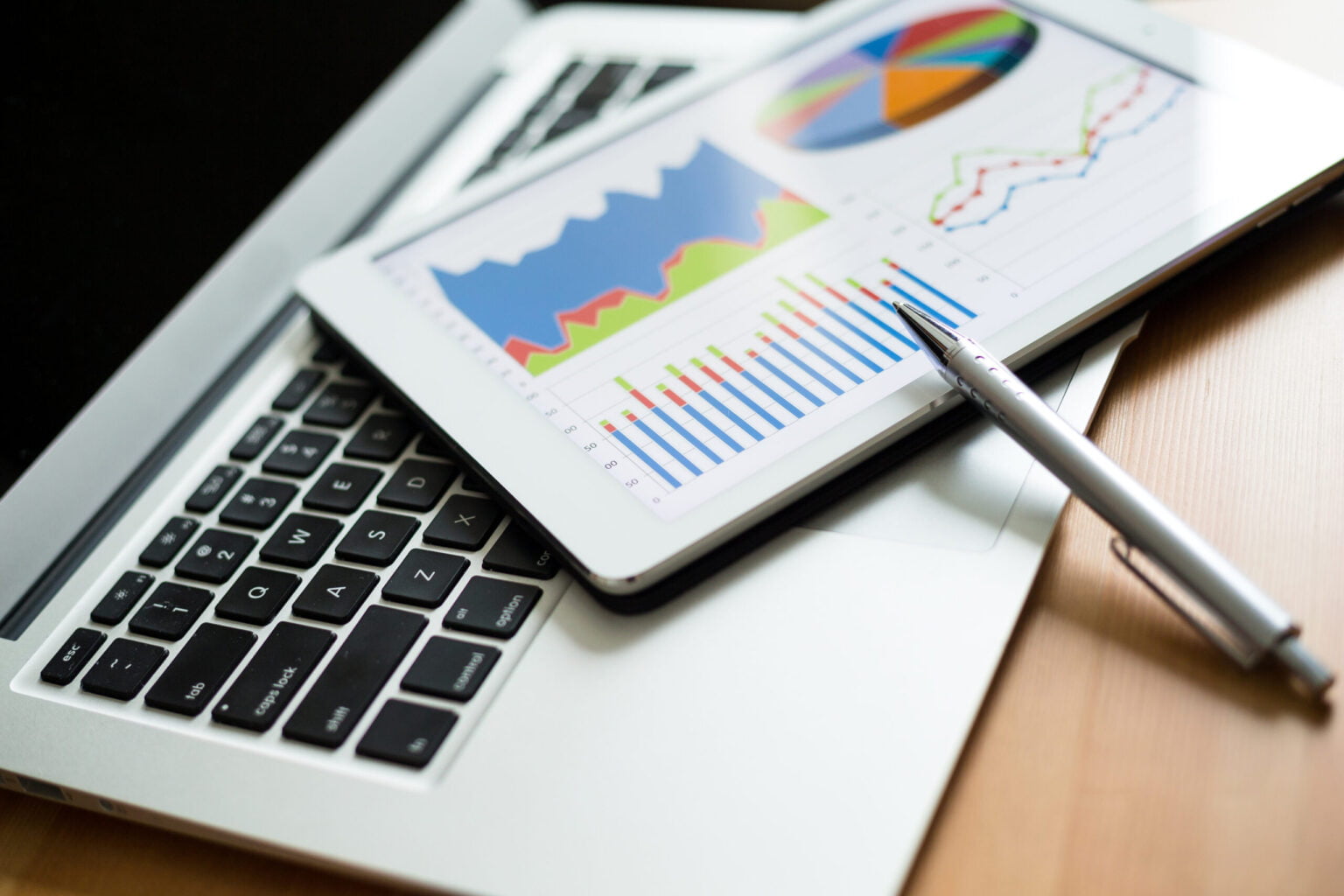When you set out to buy a home, you’ve likely been saving for some time to afford your closing costs, down payment, and other upfront costs. If you’re particularly prepared, you’re working to increase your credit score, too, making monthly payments on time and keeping your debt-to-income ratio as low as possible. But the costs of becoming a homeowner don’t start and end once you’ve signed the papers and paid the moving company. Rather, your home expenses will last through your lifetime or at least the portion of it you spend in this house.
As you work towards your savings goal, you must take the time to ensure it encompasses all of your home expenses. From property tax rates and the monthly payment on your mortgage to the costs of replacement windows and other upgrades or maintenance, budgeting for all the costs of your new home now will pay off with less stress and greater financial freedom in the long run.
Mortgages & Home Loans

As you’re looking for a home, it’s important to consider how much home you can afford. Utilize an online calculator or sit down with a pen and pencil to work out a price range that will work comfortably with your budget, considering your income, existing debts, down payment, and other factors. Remember, your monthly payment will add another cost to your expenses! Once you’ve figured out how much you can afford, compare your available mortgage rates from various lenders to find the best deal possible.
The same is true of home loans, another type of loan that’s included in your home expenses. Unlike a traditional mortgage, a home loan is usually taken out after you’ve purchased your house and built-up home equity. Here, too, you’ll need to put in some work. Compare the available options to find the lowest home loan rates possible, based on the total loan amount monthly payment, and how it factors into your financial situation overall.
Utility Expenses

No matter if you have an excellent credit score and an affordable mortgage payment, the cost of utilities is avoidable. Consult your real estate agent, local utility companies, or a previous homeowner to get an idea of your average monthly payment for electricity, water, internet, garbage, and other utility costs. Be sure to think through factors like air conditioning use in the summer or heat through the winter, which will inevitably raise that expense. Even in the short term, that increase will make a difference.
Insurance & Tax Costs

For many people, property taxes and related expenses are a key factor in choosing a house. But, if you haven’t taken these costs into account already, it’s important to include them—the last thing you want is to be enjoying your new home and suddenly be hit by a hefty tax bill next year. The same is true for insurance costs. From making sure your valuables are covered in case of an emergency to managing the risk of liabilities like a trampoline or pool, home insurance can save you from a financial disaster but will inevitably add another expense to your budget in the meantime.
Maintenance & Remodeling

Depending on the state of the home you’re buying, you may need to make some changes or upgrades—all of which will affect your finances. And, even if your new house is in tip-top shape, you’ll find yourself faced with maintenance costs, potential remodels, and other expenses. Whether it’s comparing the best company to complete a window replacement in Texas or a builder to put an addition on your existing building, the costs of updating, maintaining, or upgrading your home will add to your overall expenses.
By purchasing a home, you’re getting the chance to taste the quintessential American Dream. But it’s important to remain aware that your investment doesn’t stop after making a down payment and it doesn’t end with your monthly mortgage payments. Whether you’re installing new windows, making necessary repairs, or simply keeping the roof over your head, you’ll be paying plenty more in the long run. But, in finding that perfect house, that cost is likely worth it.




